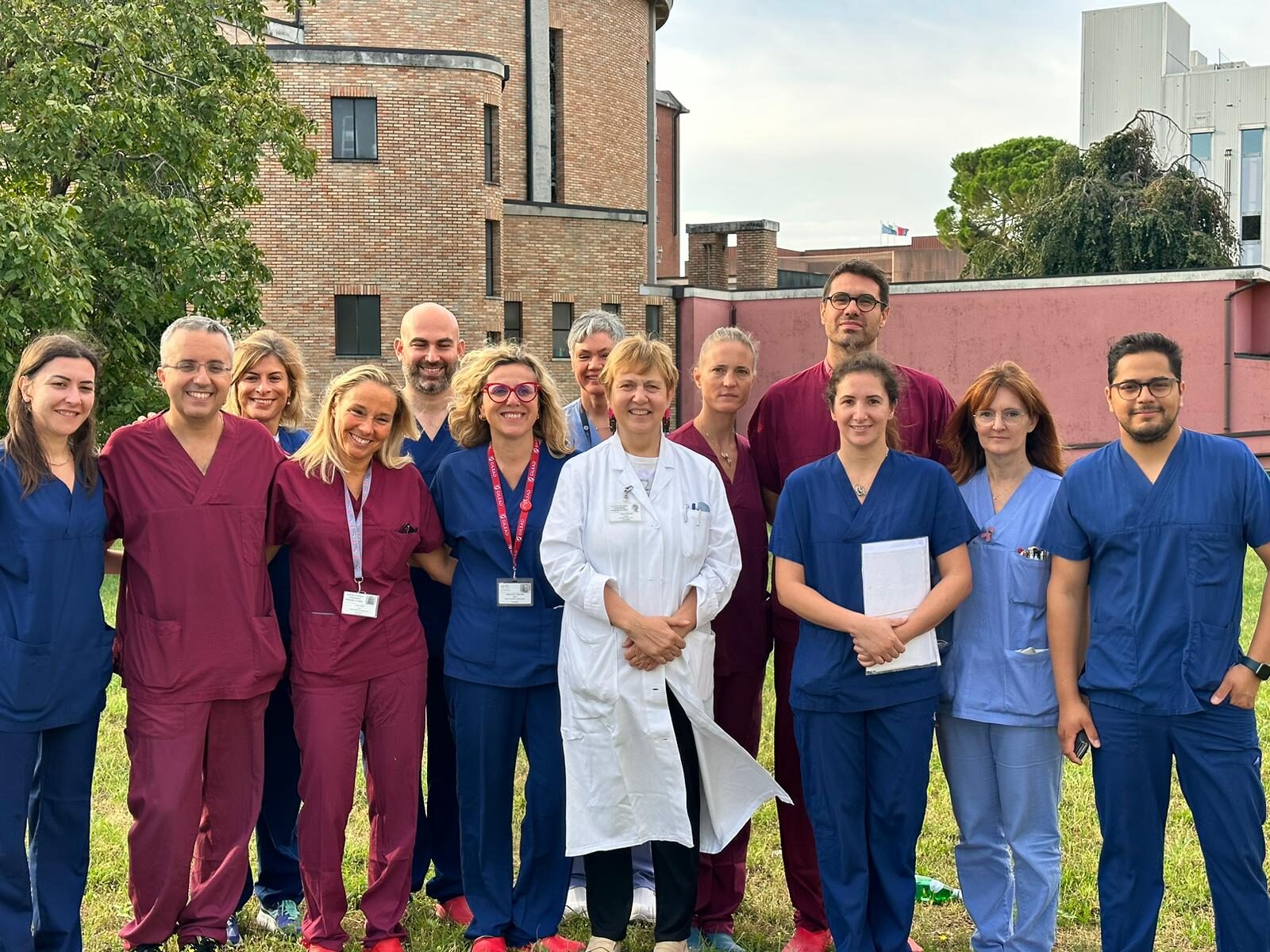Taking advantage of the new initiative of a clinic shared between breast specialists and gynecologists starting at the Breast Unit in Udine starting from October 2023, this time we are talking about a very strong and debated topic, hereditary cancer. Let’s start by distinguishing between family history, which corresponds to the reported presence of at least one family member with malignant breast disease, and genetic inheritance, which instead defines the ascertained presence of gene mutations that predispose in a more or less significant way to the risk of developing breast cancer.
Nowadays we know some genes that determine a high risk of developing breast cancer, such as the BrCa and p53 genes, but also a large number of medium and low risk genes, which can be tested in very selected patients. This first aspect is important, because more and more patients are asking for a genetic test even in the absence of indications, also due to perhaps poorly filtered information on the internet. Beyond the economic concerns given the high cost of these tests, the psycho-emotional and ethical implications that accompany a genetic test should absolutely not be overlooked, starting from its execution up to its result. Let’s say that it is a test that the patient can perform if indicated only after signing an informed consent, and whose result is evidently subject to current regulations on privacy due to the sensitivity of its possible implications for the patient herself and her family.
Following the so-called “Angelina effect“, there are no longer many secrets relating to the prophylactic opportunities that our country offers to patients carrying gene mutations nowadays, including bilateral prophylactic mastectomy and bilateral prophylactic salpingo-ooforectomy. Certainly, good counseling is necessary to plan any preventive strategy and its possible timing to reduce its short and long-term impact on the patient’s general well-being.
Approfittando della neonata iniziativa di un ambulatorio condiviso tra senologi e ginecologi in partenza presso la Breast Unit di Udine a partire da ottobre 2023, parliamo stavolta di un tema molto forte e dibattuto, il tumore ereditario. Iniziamo con distinguere tra la familiarità, che corrisponde alla presenza riferita di almeno un familiare con patologia mammaria maligna, e l’ereditarietà che invece definisce la presenza acceratata di mutazioni geniche che predispongono in maniera più o meno significativa al rischio di sviluppare un carcinoma mammario.
Al giorno d’oggi conosciamo alcuni geni che determinano un alto rischio di sviluppare il carcinoma mammario, come i geni BrCa e p53, ma anche un gran numero di geni a medio e basso rischio, che possono essere testati in pazienti molto selezionate. Questo primo aspetto è importante, perchè sempre più pazienti chiedono un test gentico seppure in assenza di indicazioni, anche per colpa delle informazioni forse poco filtrate dell’internet. Al di là della questione dell’elevato costo di questi test, non vanno assolutamente trascurate le implicazioni psico-emotive ed etiche che accompagnano un test genetico, a partire dalla sua esecuzione fino ad arrivare al suo risultato. Diciamo che si tratta di un test che la paziente può eseguire qualora indicato solamente dopo la firma di un consenso firmato dopo essere stata adeguatamente informata, e il cui risultato è evidentemente sottoposto alle normative vigenti sulla privacy per la delicatezza delle sue eventuali implicazioni per la paziente stessa ed i suoi familiari.
A seguito poi del cosiddetto “effetto Angelina“, non esistono più molti segreti relativi alle opportunità profilattiche che il nostro Paese offre alle pazienti portatrici di mutazioni geniche al giorno d’oggi, tra le quali la mastectomia ed annessiectomia profilattica. Certamente, un buon counselling è necessario per programmare qualsiasi strategia preventiva e il suo eventuale timing per ridurne l’impatto a breve e lungo termine sul benessere generale della paziente.

